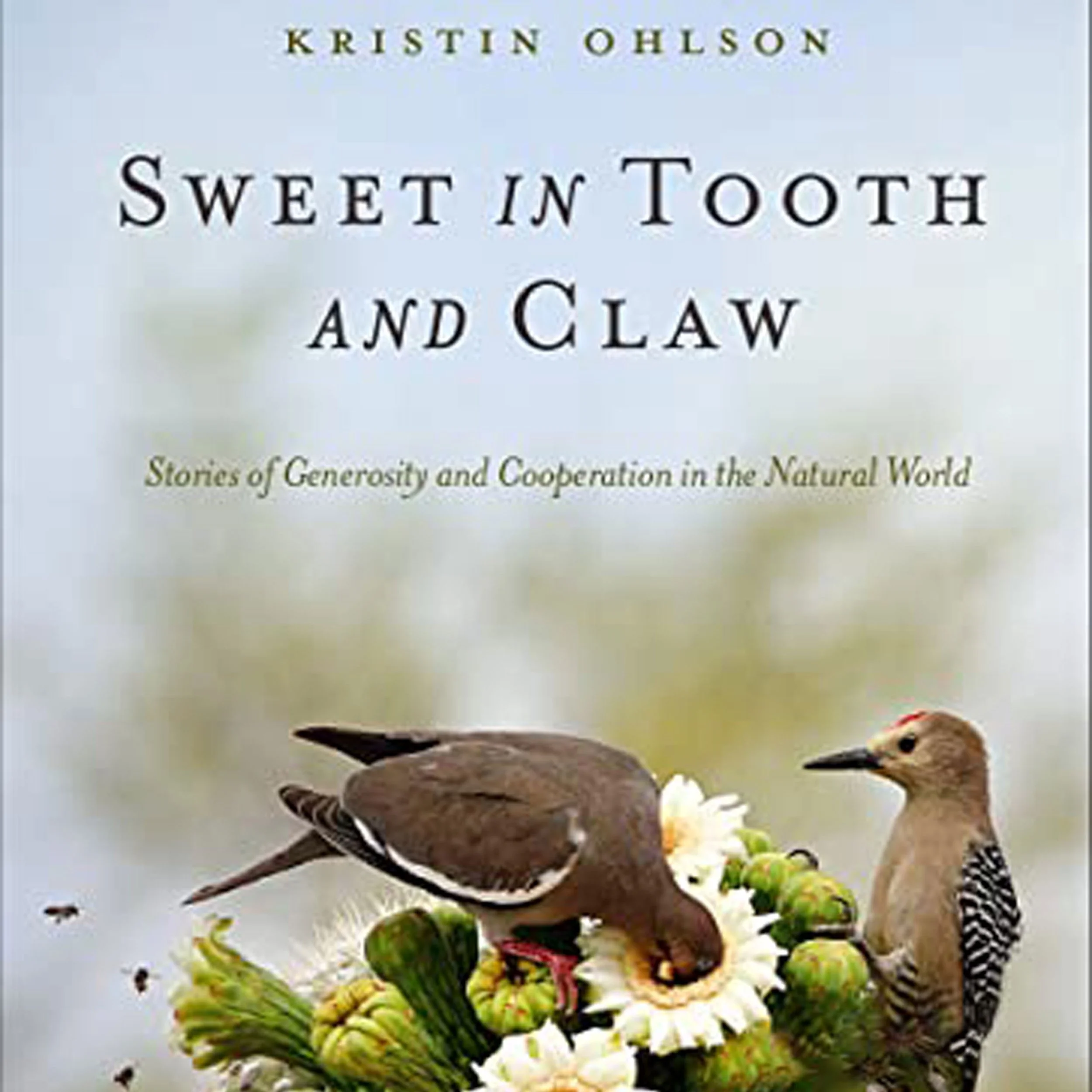Of Time and Turtles - Author SY MONTGOMERY & Illustrator MATT PATTERSON
/Author | Illustrator
I did know that I wanted this book about turtles to also be about time. It's one of two big questions in philosophy. The one big mystery that I had tackled in a previous book, Soul of an Octopus, was the mystery of consciousness. The other big hard problem in philosophy is time. And I felt, you know, who better to lead me in this exploration than turtles, who live in some cases for centuries, who've been around...they arose with dinosaurs, yet they survived the asteroid impact. They are the embodiment of patience and wisdom.



















